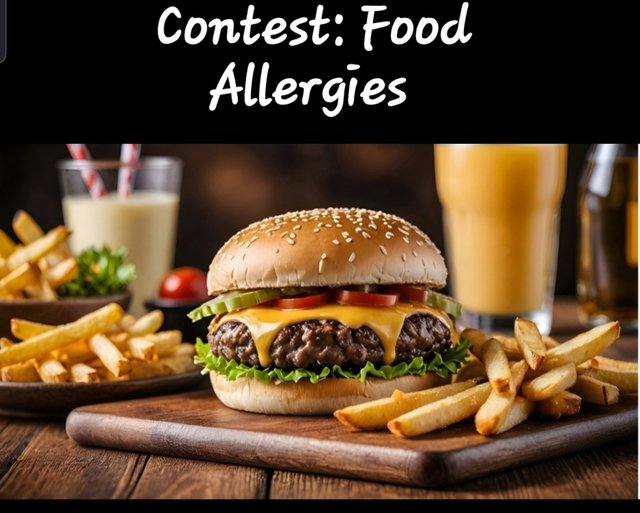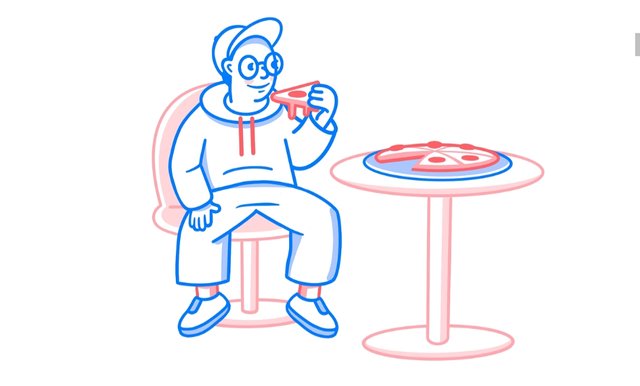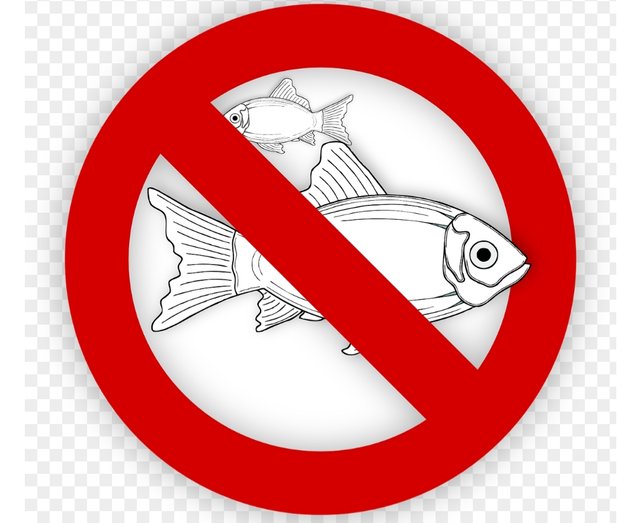When we eat food, our body's immune system is given the duty to distinguish between friendly nutrients and harmful attackers. But sometimes, this process goes crazy, and our immune system mistakenly recognize a certain food as a threat. This triggers an immune response, releasing chemical mediators to fight the identified enemy. This event can cause a range of symptoms, from moderate upset to life threatening reactions, characterizing a food allergy.
In other cases, the body may not jump into an immune response, but instead, experience difficulty in digesting specific foods, creating painful symptoms. This is known as food intolerance. Let's dig more into this topic..
Differentiating between a food allergy and a food intolerance can be very complicated, but here are some key differences which can be used to help you know which is one is, amongst the two:
| Food Allergy | Food Intolerance |
|---|---|
| 1. Reaction by immune system | No reaction by immune system |
| 2. Immediate symptoms | Delayed symptoms |
| 3. Can be a threat to life | Not a threat to life |
| 4. Symptoms may include: swelling, vomiting, diarrhea, itching etc. | Symptoms may include: headaches, abdominal pain, bloating, gas, diarrhea etc.. |
| 5. Examples are: milk allergy, peanut allergy | Examples are: fructose malabsorption lactose intolerance |
Personally, I don't have personal experiences about food allergies, but I have come across closed friends and relatives who are allergic to certain food. But despite the fact that I haven't been able to have an experience about food allergy, I've been cautious of new food I try to eat. Some precautions taken by some people close to me who have been allergic to some foods and of which I try to implement are:
- Carefully reading food labels
- Asking questions about the ingredients and the preparation process of food if made by closed ones
- Avoiding food that are common allergens (food that can trigger allergies)
- Introducing new foods in small amounts and one at a time
Food allergies can seriously impact the social life and dining out of people in the following dimensions:
- Avodidance of social situations: People with food allergies may avoid social circumstances which involves food, such as entertainment outing, dining out, birthday parties and traveling, due to the risks and dangers associated to food allergies.
- Fear of eating outside: When a person with food allergy eats outside, there is fear instilled in them due to allergic reaction of certain foods. This can cause stress, anxiety, especially on young adults disrupting their social and personal life.
- Difficulty in searching for safe place to eat: People with food allergies are mostly on special kinds of diets to avoid the risks of allergic reaction. To find a restaurant or place to eat who can cater for their nutritional needs.
- Impact on emotional health: Food allergies can lead to anxiety, loneliness and isolation. This happens mostly in children who may feel kept away from their peers because of their difference.
As always there are misconceptions about most health conditions and life in general. Here are some common misconceptions about food allergies:
- Each allergic reaction will get worse over time
- Breastfeeding will help prevent food allergies
- All kids with eczema will gradually develop food allergies
- Children allergic to peanuts must avoid all kind of nuts.
- Fatalities are caused by reactions by food allergies
- An egg allergy is a warning for the influenza vaccine
- It's safe to eat food where the food allergen is not listed in the description.
You can get more of this misconceptions of food allergies from this SOURCE
Like I have said before, I have stayed with some people who have food allergies and here are some general emergency steps I take when they experiences such severe allergic food attack/reaction.
- Identify possible symptoms
- Administer epinephrine(an auto injector) a d use according to the instructions given
- Provide medications where available such as antihistamines.
- Stay close to them if they need assistance before proper medical attention is given
- Check if breathing is normal. If no START CPR if necessary.
- If all the above measures didn't turn out to work well, rush to a close by health care facility or call emergency hotlines for help.
In conclusion, food allergies and intolerance are important to have a good understanding about and take seriously too. They can have a crucial effect on our daily life, social interactions, and even becomes a threat to life in some cases. By being aware of the basic differences between the symptoms of food intolerance and food allergies will do more good in managing them ensuring our safety and well-being.
Thanks for reading
I invite @basil20, @yerimah and @yhudy to participate.
Cc,
@sahmie



Thank you, friend!


I'm @steem.history, who is steem witness.
Thank you for witnessvoting for me.
please click it!
(Go to https://steemit.com/~witnesses and type fbslo at the bottom of the page)
The weight is reduced because of the lack of Voting Power. If you vote for me as a witness, you can get my little vote.
Downvoting a post can decrease pending rewards and make it less visible. Common reasons:
Submit
Upvoted. Thank You for sending some of your rewards to @null. It will make Steem stronger.
Downvoting a post can decrease pending rewards and make it less visible. Common reasons:
Submit
Great
Downvoting a post can decrease pending rewards and make it less visible. Common reasons:
Submit
Thank you very much..
.... ❤❤❤
Downvoting a post can decrease pending rewards and make it less visible. Common reasons:
Submit
You have explained the difference in a greater way bro, allergy and intolerance. Immune system attacks directly on allergic elements and does not recognise intolerance food; which is gonna affect your stomach by causing certain problems.
You're misconceptions about food is right; peanut doesn't cause any type of allergy, in our house kids eat peanuts but they are not affected with it or have shown allergic output.
Downvoting a post can decrease pending rewards and make it less visible. Common reasons:
Submit